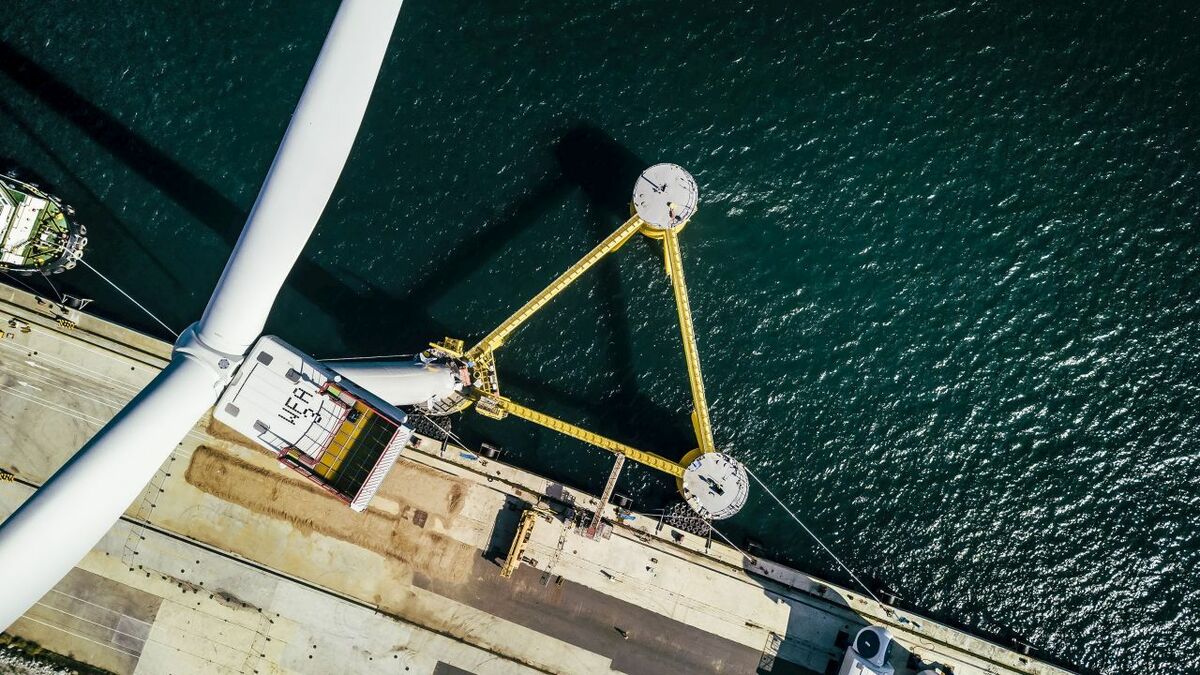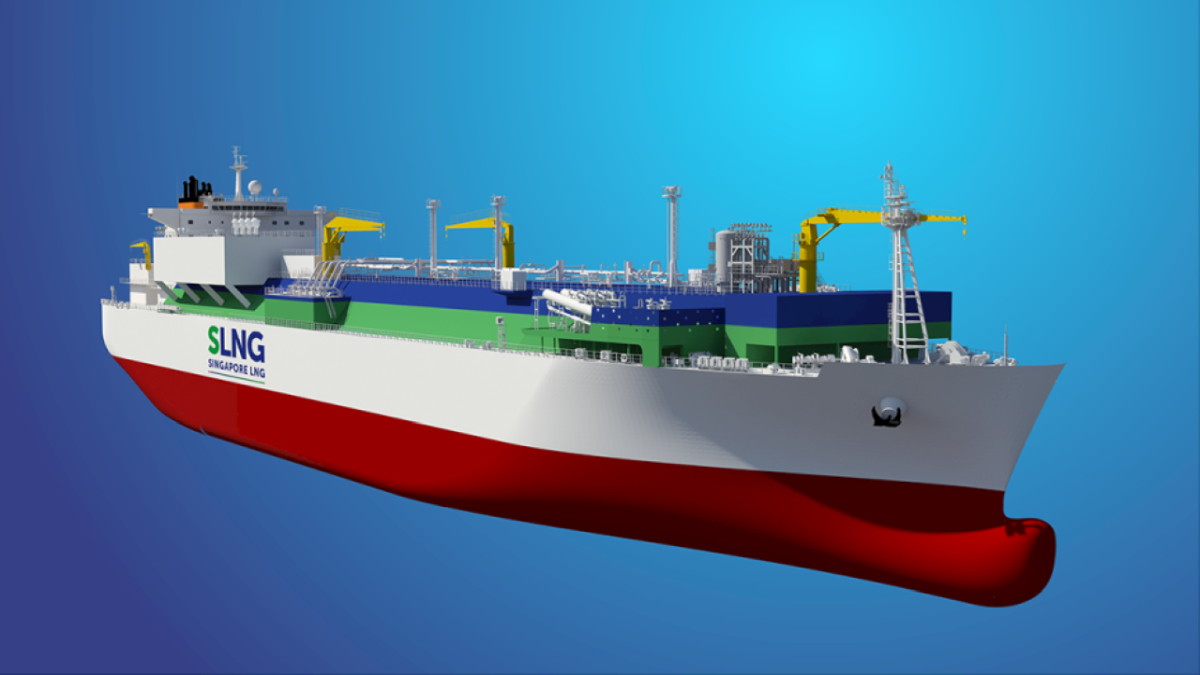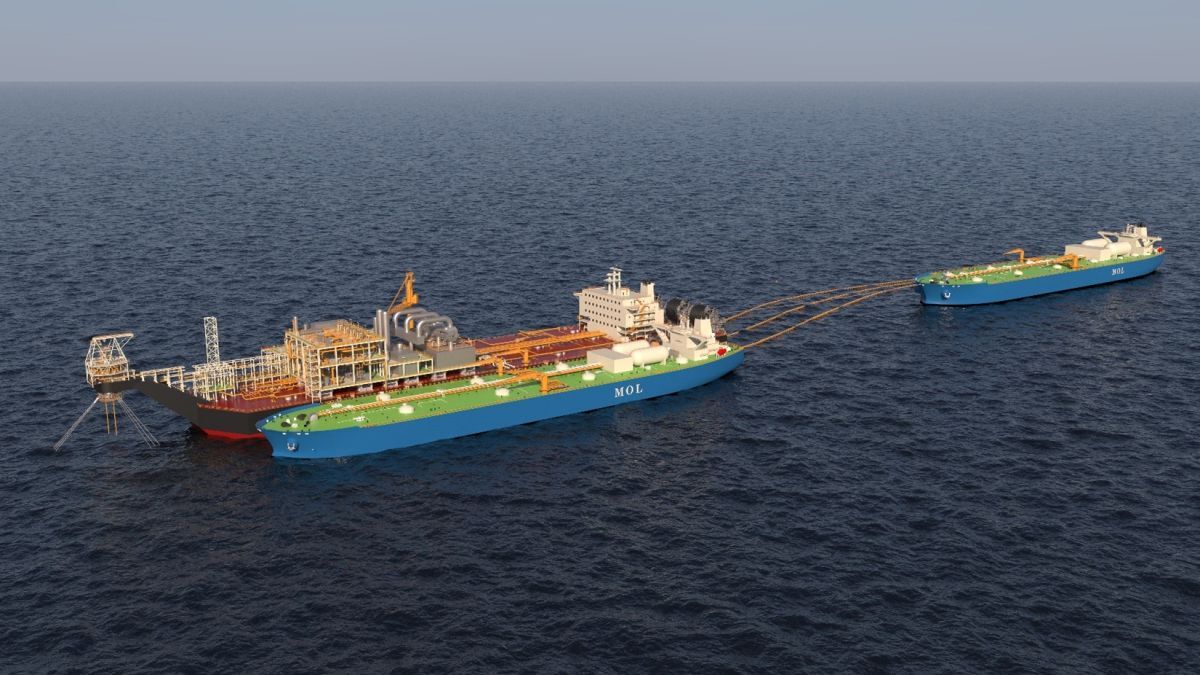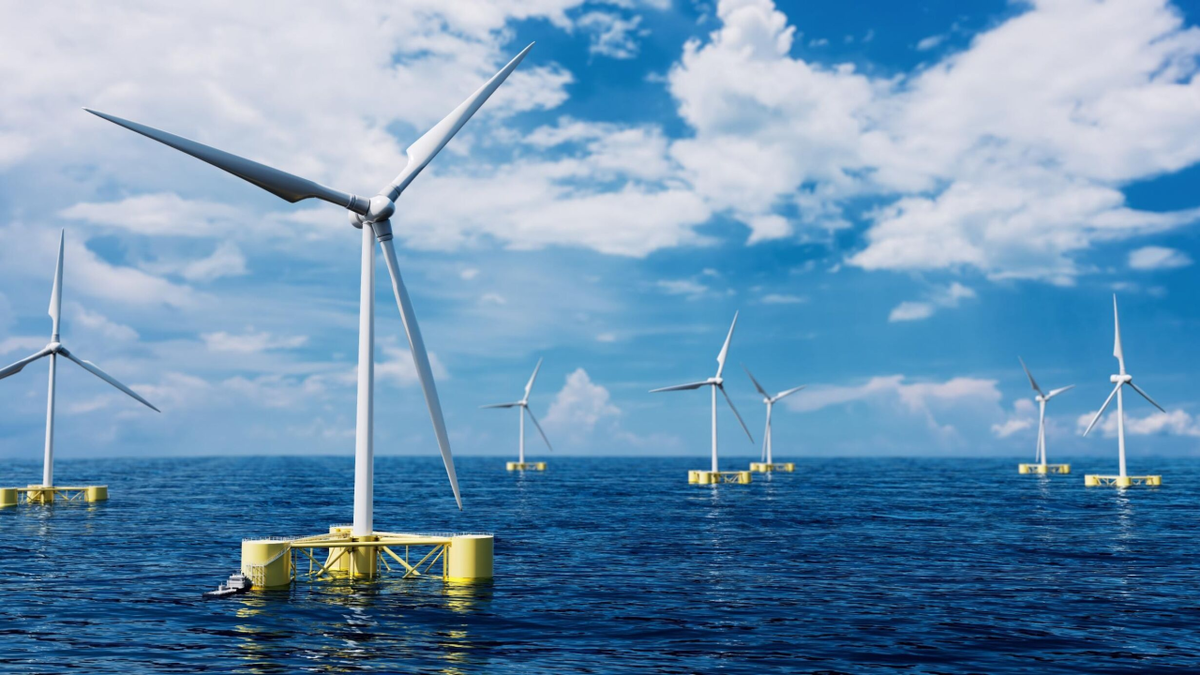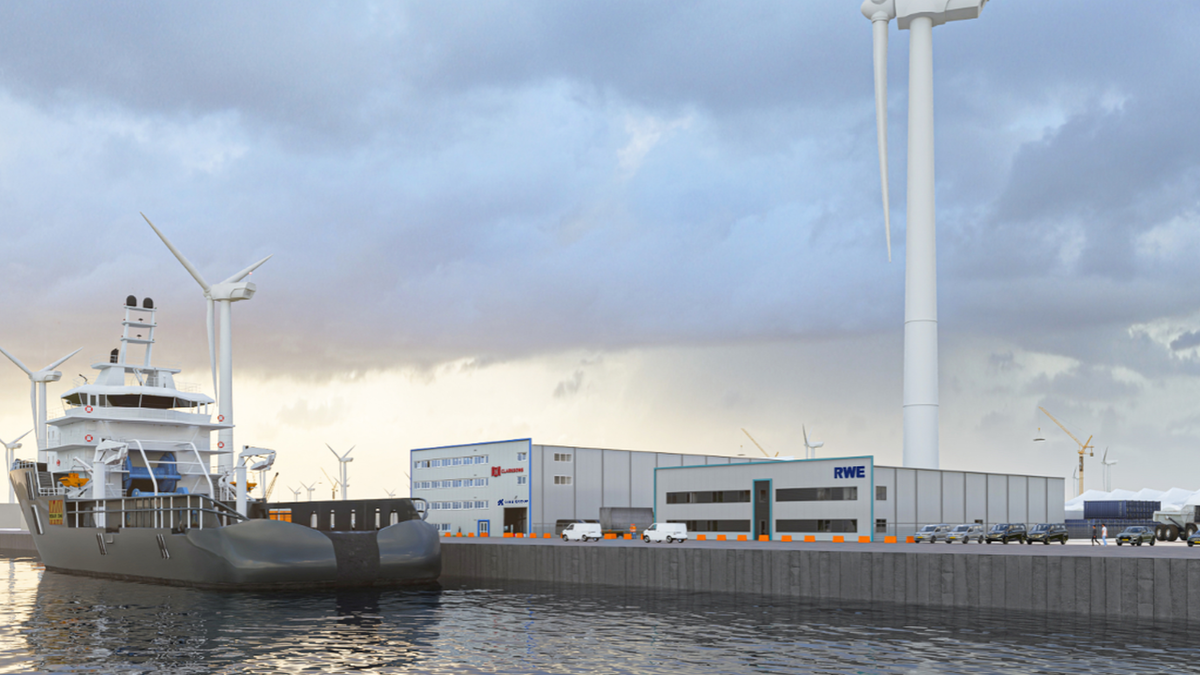Business Sectors
Contents
Register to read more articles.
Spain sets goal of up to 3 GW of floating wind but no word on revenue mechanism
Spain’s Energy and Environment Ministry confirmed on 7 July 2021 it has set a target of 1-3 GW of floating wind capacity by the end of the decade
It also confirmed that funds are being made available – up to €200M (US$237M) – for research and development on floating wind in the period 2021-2023 and that it has launched a public consultation on a draft roadmap for the development of offshore wind and other forms of marine energy.
The deadline for submissions in response to the consultation is 6 August 2021.
The roadmap aims to guide and promote the development of offshore wind in Spanish waters in the short, medium and long-term. The Ministry described marine energy, or ‘Blue Energy,’ as the “lever for energy transformation at a national, European and global level,” and “an industrial, economic and social opportunity for our country.” The roadmap is aligned with the European Strategy on Marine Renewable Energies published on 19 November 2020 by the European Commission.
Other issues that Spain will need to address before floating wind could be developed include allocating areas for development within its marine spatial plan and the development of a grid connection strategy.
It also remains unclear what kind of revenue mechanism Spain might adopt for offshore wind and how development might be integrated with other users of the sea, including the fishing industry.
Responding to questions from OWJ, a spokesperson for WindEurope said, “Offshore wind is no longer limited to the North Sea and Spain is already a European leader in onshore wind. Floating offshore wind technology will it to tap into the vast wind resources around the Iberian peninsula.
“To ensure that offshore wind development is delivered with the lowest costs for consumers and tax-payers the Spanish government should follow the lead of many other countries and introduce contracts-for-difference. They significantly reduce financing costs for offshore wind projects and increase investment security.”
A late-2020 report from EIT InnoEnergy found that Spain and neighbouring Portugal have ‘unique competitive advantages’ and there is ‘enormous potential’ for the Iberian Peninsula as a hub for floating wind energy.
The study, Iberia as a hub for technology development and industrial leadership in the field of floating wind offshore energy, sponsored by consulting firm Enzen, found that developing a floating wind industry in the Iberian Peninsula would have a considerable socioeconomic impact in the next two decades.
The report suggests that doing so could create up to 50,000 highly qualified jobs, of which 60% would be direct jobs and 40% indirect, and produce an annual turnover of at least €5Bn (US$6Bn) by 2030, with more than a third of earnings coming from exports.
According to the study, Spain and Portugal “are on a sound footing to contend for a position as a hub for floating wind energy” because they have competitive advantages not readily replicable in other countries.
In the most ambitious scenario described in the report, it is estimated the Iberian region could have 3 GW of floating wind power installed by 2030 and 22 GW by 2050.
Related to this Story
Events
Maritime & Offshore Community Golf Day 2025
Offshore Wind Webinar Week
Maritime Decarbonisation, Europe: Conference, Awards & Exhibition 2025
Offshore Support Journal Conference, Americas 2025
© 2024 Riviera Maritime Media Ltd.


